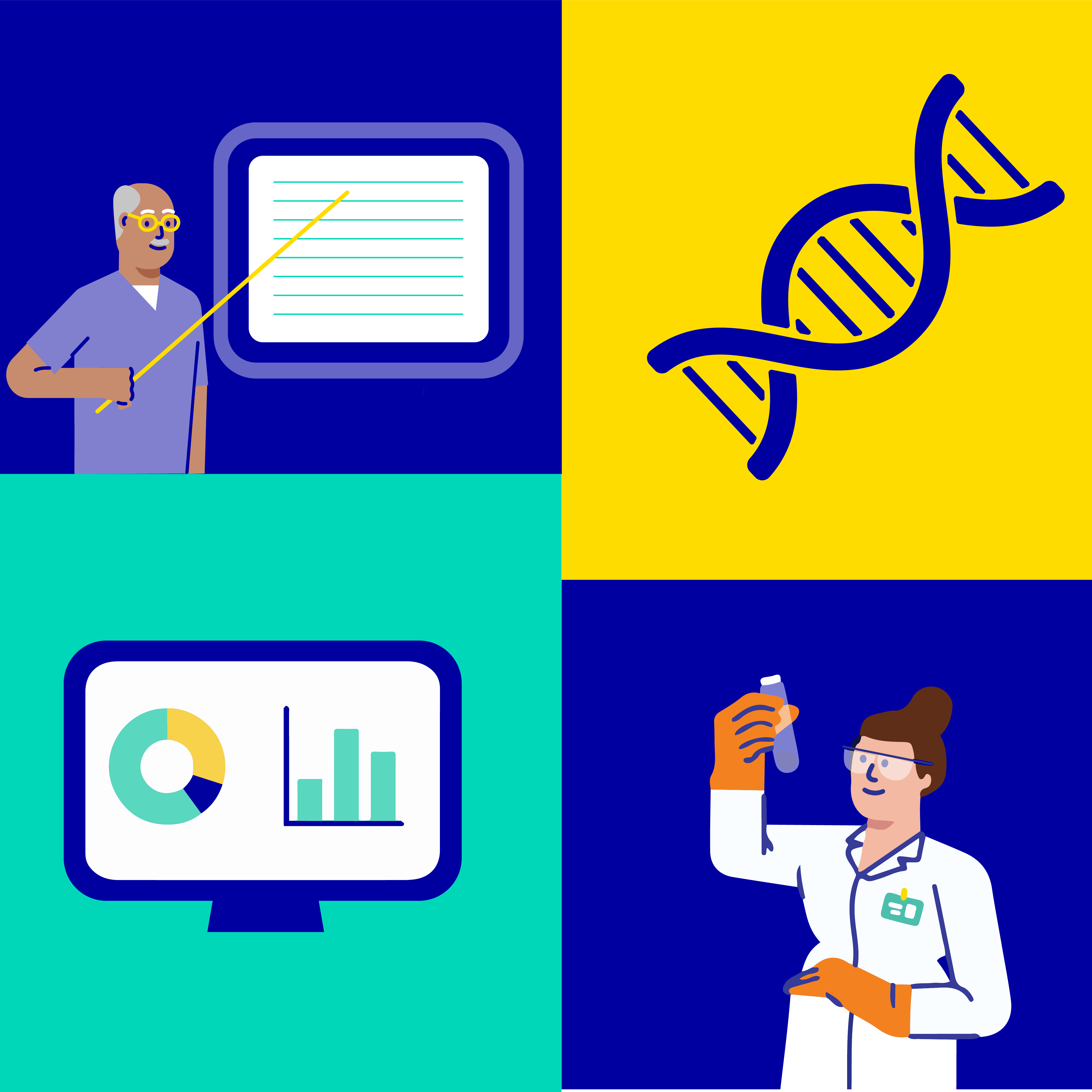Mars Food-supported project ORYZONTE demonstrates that greenhouse gas emissions from rice paddies can be reduced by 60%
- Kicked-off in 2018, the project promoted by Mars Food and Herba Ricemills in collaboration with Danone aims to improve the sustainability of rice cultivation in Seville, the largest rice cultivating area in Spain
- The project focuses on three key areas: water, greenhouse gas emissions (GHG) and Biodiversity
Madrid (October 19, 2022) – The ORYZONTE project(Opens a new window), which promotes sustainable practices in rice production, demonstrated that the application of Alternate Wetting and Drying (AWD) can reduce greenhouse gas emissions produced by rice paddies in Seville province (Andalusia, Spain) by 60%.
The project, integrally funded by Mars Food, Herba Ricemills (Ebro Foods) and Danone as part of their commitment toward sustainable supply chain and climate change mitigation, aims to improve the sustainability of rice production in 3 keys areas: water, GHG reduction and biodiversity and has achieved promising results in each of them. The project also includes, training activities with rice farmers in the region.
The first study including direct GHG sampling in rice paddies in Seville
Rice fields in Seville, as in many other regions, are cultivated under flooded conditions, which are an important source of anthropogenic GHG emissions, being methane (CH4) the prevailing gas for this crop.
Although the emissions can be estimated through existing models, the accuracy of these models needs to be assessed through the direct sampling of emissions from rice fields. However, until now, no sampling of GHG emissions from commercial rice fields in Seville had been reported.
In this context, the project has sampled and analyzed GHG emissions from 3 commercial rice fields, each one with a different water management scenario.
GHG emissions have been sampled both during the cultivation and the fallow season, with sampling covering the period June 2019 – June 2020.
Two of the fields implemented GHG-saving techniques: The first one implemented Alternate Wetting and Drying, a practice aiming to conduct aeration periods during the crop cultivation cycle. The second one implemented No Winter Flooding, a practice that focuses on not flooding the fields after harvest, thus increasing the period during which the soils are oxygenated. Finally, the third field was used as a control plot to obtain the baseline and verify if the applied practices permitted to effectively reduce GHG emissions.
Gas samples were collected by the project team, made up of staff from Gabinete de Iniciativas Europeas and Optiriego Consulting, as well as technical support from the rice grower Instituto Hispánico del Arroz (Hisparroz). The analysis of the gas samples and of the results was carried out by the Institute of Agrifood Research and Technology (IRTA), a research centre with significant experience in researching GHG emissions from rice fields.
Very significant results
Through the project we have been able to verify that the implementation of specific mitigation practices promoted internationally, such as Alternate Wetting and Drying, effectively reduce GHG emissions from rice fields in Seville. Through the implementation of AWD, the project has measured a significant reduction in methane emissions by 63% with respect to the current farmers’ practice1.
In a similar way, sampling of emissions has shown that no winter flooding (drying out the fields after harvest) has significantly reduced the GHG emissions compared to the current practice, which includes maintaining the fields flooded from harvest until mid-January.
In all cases, the emissions of other greenhouse gases (i.e., nitrous oxide) were not significant. Therefore, the global warming potential was significantly reduced at a similar rate as the methane emissions with the implementation of Mid-season drainage and No Winter flooding in the growing and fallow seasons, respectively.
The project is now working with rice growers in the region to demonstrate to them the feasibility of implementing GHG-saving practices such as Mid-Season Drainage in their own commercial fields.
ABOUT MARS FOOD
Mars Food is a segment of family owned Mars, Incorporated. For more than a century, Mars, Incorporated has been driven by the belief that the world we want tomorrow starts with how we do business today. This common purpose unites our 140,000+ Associates. It is at the center of who we are as a global, family-owned business, and it fuels how we are transforming, innovating, and evolving to make a positive impact on the world. Every year, our diverse and expanding portfolio of quality confectionery, food, and pet care products and services delight millions of people and supports millions of pets. With almost $45 billion in annual sales, we produce some of the world’s best-loved brands including Ben’s Original™, CESAR®, Cocoavia®, DOVE®, EXTRA®, KIND®, M&M’s®, SNICKERS®, PEDIGREE®, ROYAL CANIN®, and WHISKAS®.
Rice is a critical raw material for Mars Food. Our ambition is to lead multi-stakeholder collaboration to innovate and evolve the way rice is grown, harvested and sourced to make the world’s most important grain more sustainable for both people and planet. We know we can only be truly successful if our partners and the communities in which we operate prosper. The Mars Five Principles – Quality, Responsibility, Mutuality, Efficiency and Freedom – inspire our Associates to act every day to help create a better world tomorrow in which the planet, its people and pets can thrive.
MEDIA CONTACT
Mars Food
Roisin Pope
[email protected]














